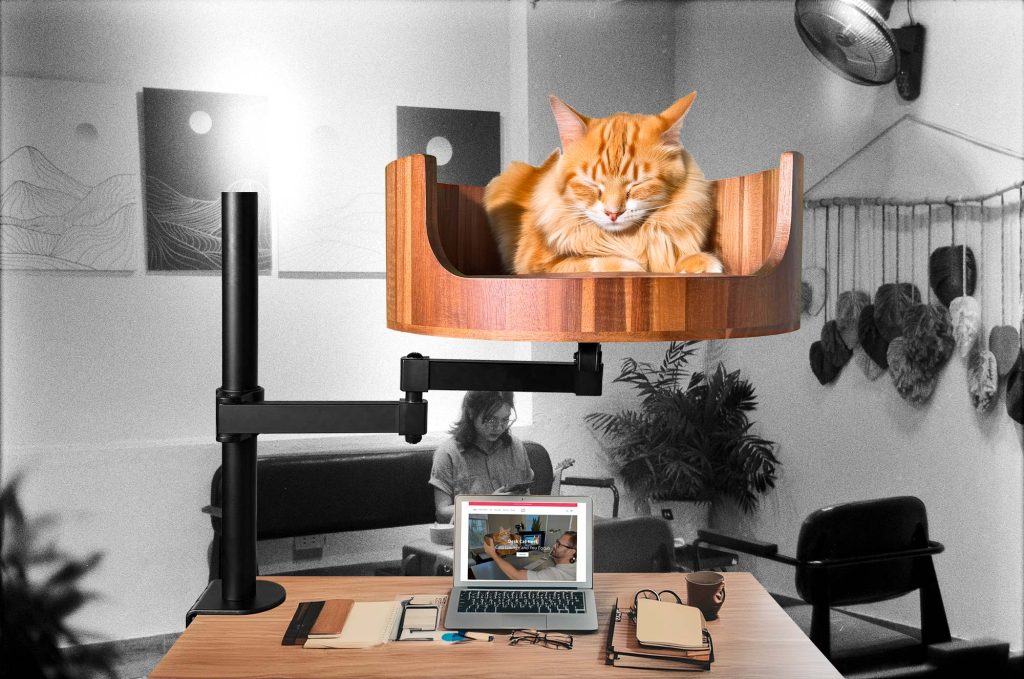Does your dog have a disturbing habit of snacking on cat poop? You’re not alone. This behavior, known as coprophagia, can be puzzling and frustrating for pet owners. In this article, we will delve into why dogs may be drawn to cat feces and what you can do to discourage this behavior.
First and foremost, it’s important to understand that coprophagia is a natural behavior in dogs, albeit a less than desirable one. Dogs are often drawn to the scent and taste of cat poop due to the high protein content and partially digested nutrients. However, this behavior can also stem from boredom, stress, or even a nutritional deficiency. To address this issue, we will explore various methods for preventing coprophagia, such as providing sufficient mental and physical stimulation for your dog, ensuring they have a well-balanced diet, and promptly cleaning up after your cat. By understanding the root causes of this behavior and taking appropriate steps to address them, you can help curb your dog’s appetite for cat poop and promote healthier habits.
1. Dogs eating cat poop is a common behavior known as coprophagia, which can be distressing for pet owners but is generally harmless.
2. Reasons for this behavior include nutrient deficiencies, curiosity, or simply finding the cat’s feces appealing.
3. Prevention strategies include keeping litter boxes out of reach, ensuring dogs have a balanced diet, and providing regular exercise and mental stimulation.
4. Consulting a veterinarian can help rule out underlying health issues contributing to coprophagia.
5. It is important to address this behavior promptly to prevent potential health risks for your dog and maintain a clean and safe environment for all pets.
Why Dogs Eat Cat Poop
One possible reason for dogs eating cat poop is the natural hunting instinct. Dogs are carnivores by nature, and they are attracted to the scent of prey, which includes the feces of other animals. This behavior can also be linked to the fact that cat poop contains nutrients that dogs may find appealing. Additionally, dogs may eat cat poop out of curiosity or boredom, especially if they are not getting enough mental or physical stimulation.
Potential Dangers of Eating Cat Poop
While it may be a common behavior for dogs to eat cat poop, it can pose several health risks. Cat feces can contain parasites such as Toxoplasma gondii, which can be harmful to dogs if ingested. Additionally, the feces may contain harmful bacteria that can lead to gastrointestinal issues or infections in dogs. Ingesting cat poop can also lead to bad breath and an upset stomach in dogs.
Preventing and Managing the Behavior
To prevent dogs from eating cat poop, it is essential to address the root cause of the behavior. Ensuring that the dog’s nutritional needs are met can reduce the likelihood of them seeking out cat poop for nutrients. Providing plenty of mental and physical stimulation can also help curb this behavior. Keeping litter boxes out of reach or installing a covered litter box can prevent dogs from accessing cat feces. Training your dog to leave cat poop alone can also help manage this behavior. If the behavior persists, it is advisable to consult a veterinarian or animal behaviorist for further guidance.
Frequently Asked Questions
Will the Desk Cat Nest help with my dog eating cat poop?
While the Desk Cat Nest is primarily designed for cats, having a designated space for your cat’s litter box can help reduce your dog’s access to cat poop. By placing the litter box in the Desk Cat Nest, you can keep it out of reach of your dog.
Is the Desk Cat Nest easy to assemble?
Yes, the Desk Cat Nest comes with easy-to-follow instructions and all the necessary tools for assembly. Most customers find that it can be put together in less than 30 minutes.
Can multiple cats use the Desk Cat Nest?
Yes, the Desk Cat Nest is spacious enough to accommodate multiple cats. It provides a cozy and secure space for your cats to use their litter box in peace.
Will the Desk Cat Nest fit in my home?
The Desk Cat Nest has a compact design and should fit well in most homes. It can easily be placed in a corner or against a wall to save space.
Is the Desk Cat Nest easy to clean?
Yes, the Desk Cat Nest is made of durable materials that are easy to clean with a damp cloth. The litter box compartment is easily accessed for cleaning and maintenance.
In conclusion, choosing a Desk Cat Bed for your furry friend can greatly reduce the temptation of your dog eating cat poop. By providing a comfortable and designated space for your cat to rest and relax, you can prevent your dog from accessing their litter box. This not only helps maintain a clean living environment, but also promotes better hygiene and prevents potential health risks for your dog. Investing in a Desk Cat Bed is a valuable choice that offers numerous benefits for both your pets and household.


